Explainer: Australia heading for referendum on constitutional recognition of Indigenous peoples
Australia will likely hold a referendum on indigenous recognition. But there one statistic working against it getting through.
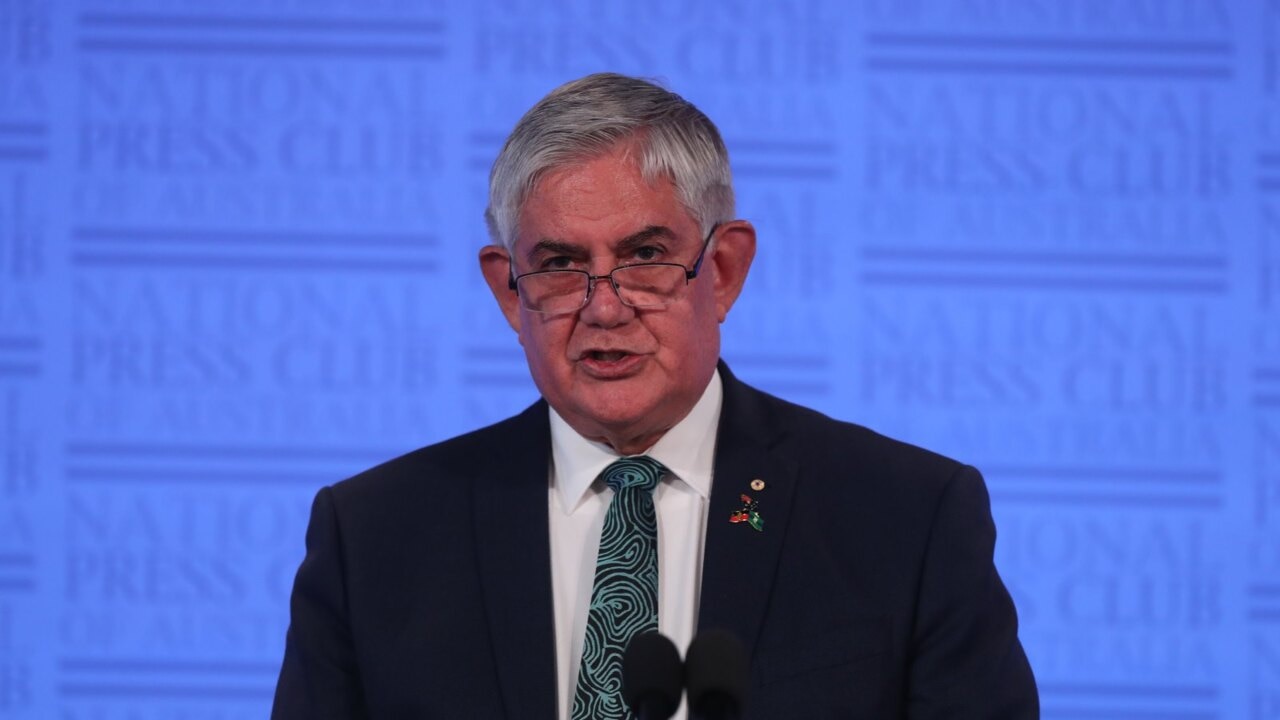
The Federal Government will work towards holding a referendum in this term of parliament to ask whether the Constitution should be changed to recognise Indigenous Australians.
It’s a contentious issue that has raised a lot of questions, concern among some and plenty of confusion about what the actual plan is.
But now, Prime Minister Scott Morrison and Labor leader Anthony Albanese have met to agree on a bipartisan path to change.
The Coalition and the Opposition will seek to work together on a referendum to recognise First Peoples and potentially give them a voice in parliament.
What’s being proposed and how might it all work? Here’s an explainer on the key issues.
WHAT’S THE PLAN?
It’s proposed that a national referendum be held at some stage within the next three years to ask Australians whether they support recognising Indigenous peoples in the Constitution.
What would the wording be precisely? Well, that’s the next challenge, Indigenous Australians Minister Ken Wyatt said.
“(We need to) overcome the hurdle of coming up with a set of words that’s acceptable to the majority of Aboriginal people, the majority of Australians and the majority of states and territories, so it’s an interesting challenge,” Mr Wyatt told The Project.
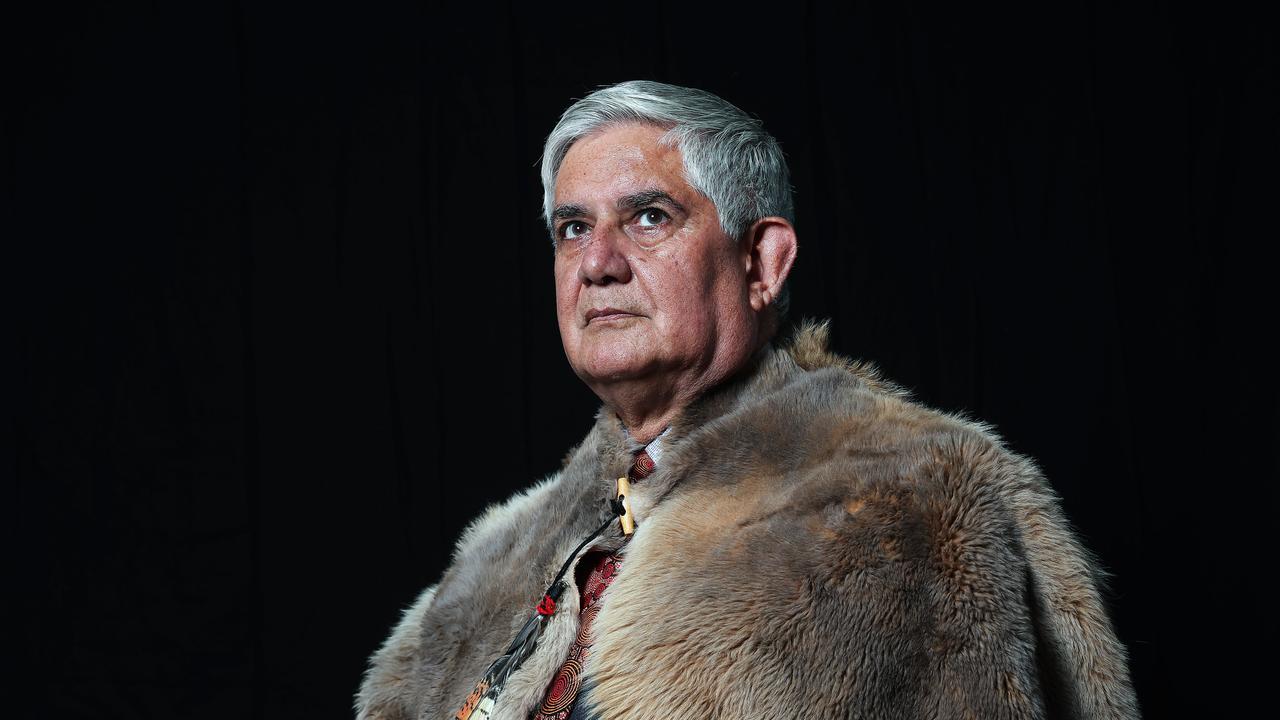
This all stems from the Uluru Statement, a constitutional convention of hundreds of Indigenous leaders in Central Australia in 2017.
That meeting resolved to recognise Indigenous peoples in the Constitution, establish a First Nations Voice in parliament and form a commission to assist in decision-making on issues impacting Aboriginal and Torres Strait Islanders.
The Uluru Statement didn’t specify the wording of constitutional recognition, which will require more collaborative discussion.
WHY DOES IT MATTER?
The Australian Human Rights Commission explains the Constitution was written at a time when the country was considered to belong to no one before European settlers arrived.
It was a time “when Aboriginal and Torres Strait Islander peoples were considered a ‘dying race’ not worthy of citizenship or humanity,” the HRC said.
“Aboriginal and Torres Strait Islander peoples are not mentioned in the Constitution. The Constitution still allows racial discrimination — not just against Aboriginal and Torres Strait Islander peoples but against anyone.”
We are committed to developing a consensus option for Constitutional Recognition for Indigenous Australians through a process of true co-design. Constitutional Recognition is too important to get wrong, and too important to rush. @PressClubAust pic.twitter.com/MKeBXo6rfP
— Ken Wyatt MP (@KenWyattMP) July 10, 2019
The HRC echoed the sentiment of Indigenous groups in saying the time for change is now and further delay is damaging.
“Recognising Aboriginal and Torres Strait Islander peoples in the preamble of the Constitution and ensuring the Constitution does not discriminate against anyone will not give any Australians more rights than others,” it said.
“In fact, these changes will build stronger relationships of trust and mutual respect between Aboriginal and Torres Strait Islander peoples and other Australians.”
WHY A REFERENDUM?
Any changes to the Constitution need to occur via a public referendum.
There’s an interesting track record with referendums where the significant majority don’t succeed in change — eight out of 44 have been successful.
Changing the Constitution requires an overall majority of votes as well as a majority in a majority of states and territories.
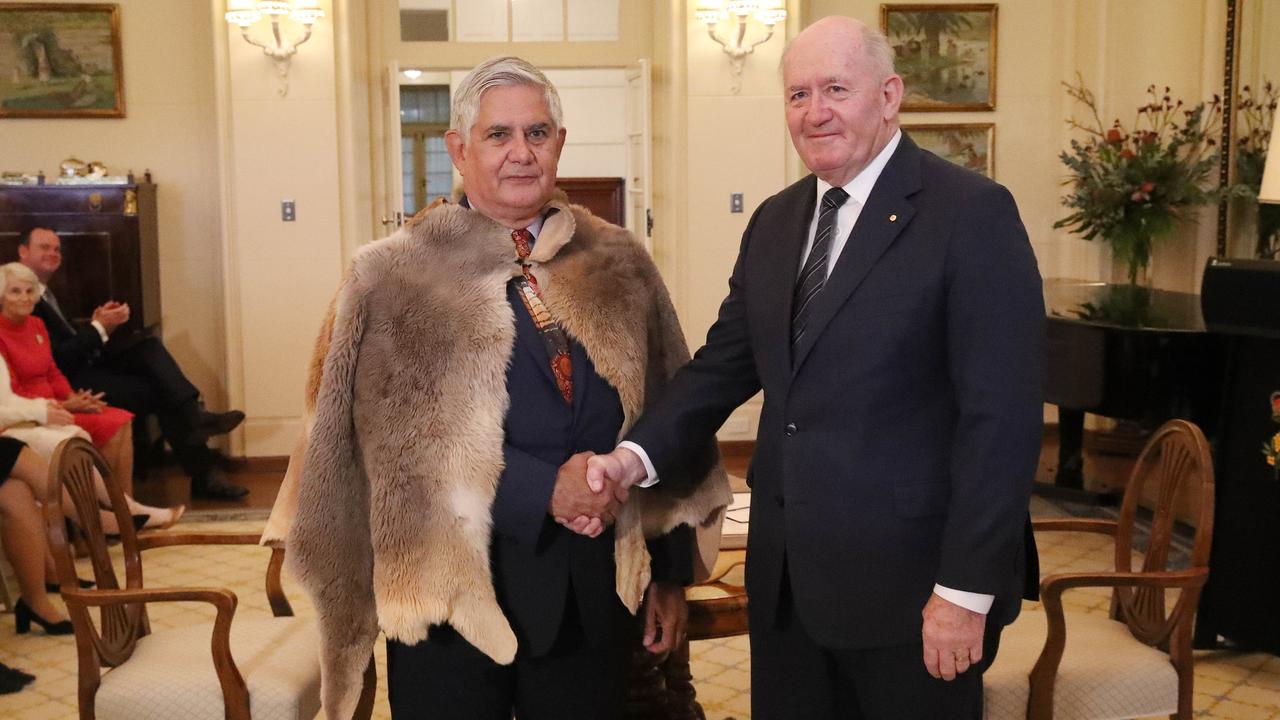
But Mr Wyatt is hopeful Indigenous recognition in the Constitution is possible if different groups work together.
“I invited people to walk with me today,” he said of his moving address to the National Press Club yesterday, “and to do it collectively together as Australians. No one individual can achieve the outcomes.”
WHAT’S A TREATY?
Australia is the only nation in the Commonwealth to not have a formal treaty with its Indigenous peoples.
“Treaties are accepted globally as the means of reaching a settlement between Indigenous peoples and those who have colonised their lands,” Harry Hobbs, a researcher in constitutional law and Indigenous rights at the University of New South Wales wrote.
“In contrast, no treaty between Indigenous and non-Indigenous Australians has ever been recognised.
“Indigenous Australians are willing to negotiate. But are non-Indigenous Australians ready to enter into respectful negotiations? Or will they, once again, ignore the invitation?”
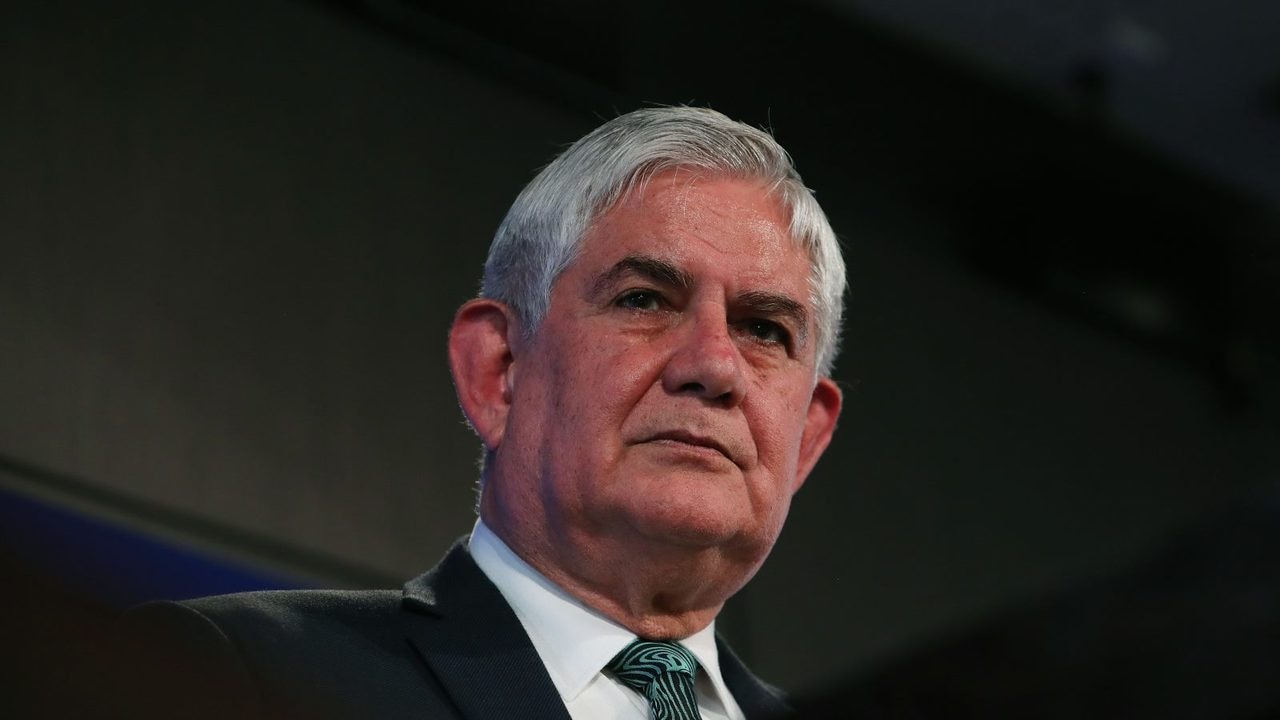
WHAT’S THE ‘THIRD CHAMBER’ DEBATE?
When the Uluru Statement was delivered, then prime minister Malcolm Turnbull rejected it on the grounds it would establish a third chamber in parliament.
That chamber, he said, would enshrine division rather than promote harmony, and his concerns were echoed by a number of leading conservative figures.
As a result, Mr Turnbull said a referendum would likely fail if it faced significant opposition, and so the entire issue was shelved.
“The government does not believe such an addition to our national representative institutions is either desirable or capable of winning acceptance in a referendum,” Mr Turnbull said.
“A constitutionally enshrined additional representative assembly for which only Indigenous Australians could vote for or serve in is inconsistent with this fundamental principle.
“It would inevitably become seen as a third chamber of parliament. The Referendum Council noted the concerns that the proposed body would have insufficient power if its constitutional function was advisory only.”
It was a bruising moment for Indigenous Australians.
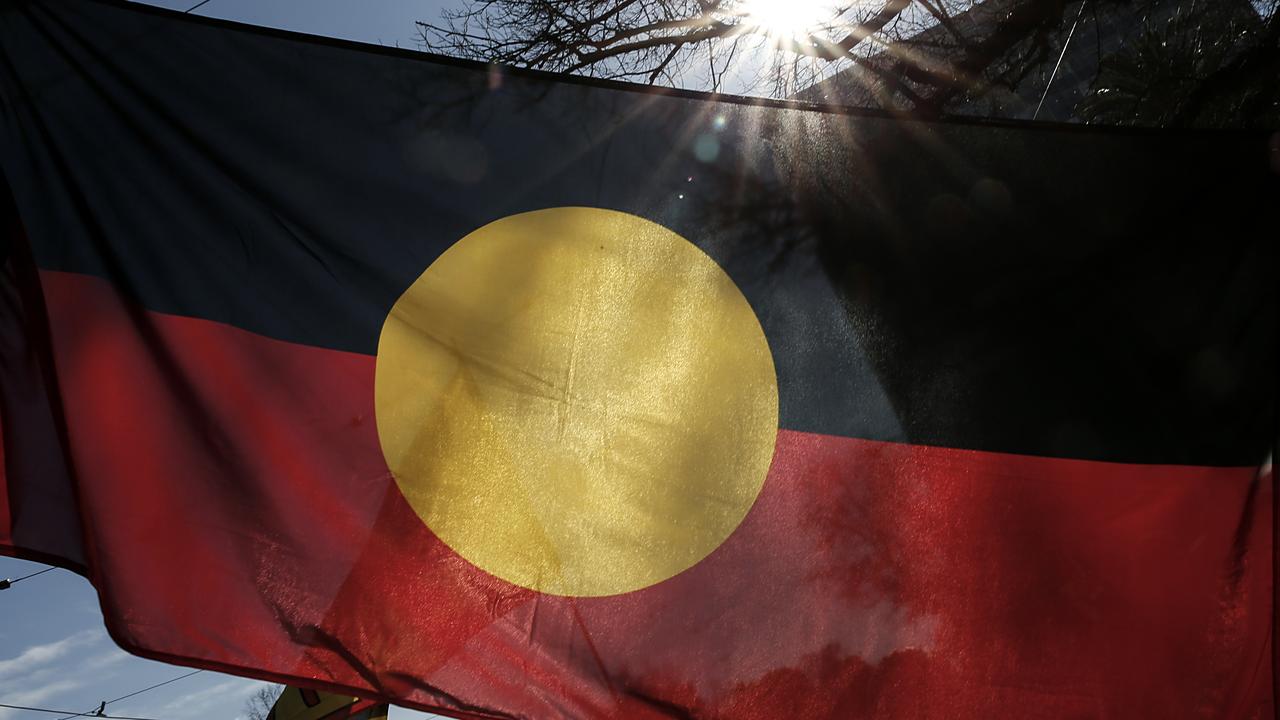
The irony, though, is a third chamber was never a real proposition, at least not how it was characterised, many say. The discussion about it only served to muddy the waters.
“Absolutely — it absolutely muddied the waters,” Labor Senator Pat Dodson, Opposition spokesman for constitutional recognition of Indigenous Australians, told ABC Radio yesterday. “Because that then became very complicated for all the parties to understand what was intended and how it would work.”
The issue of a third chamber has been raised again in the past 24 hours since Mr Wyatt’s speech to the National Press Club.
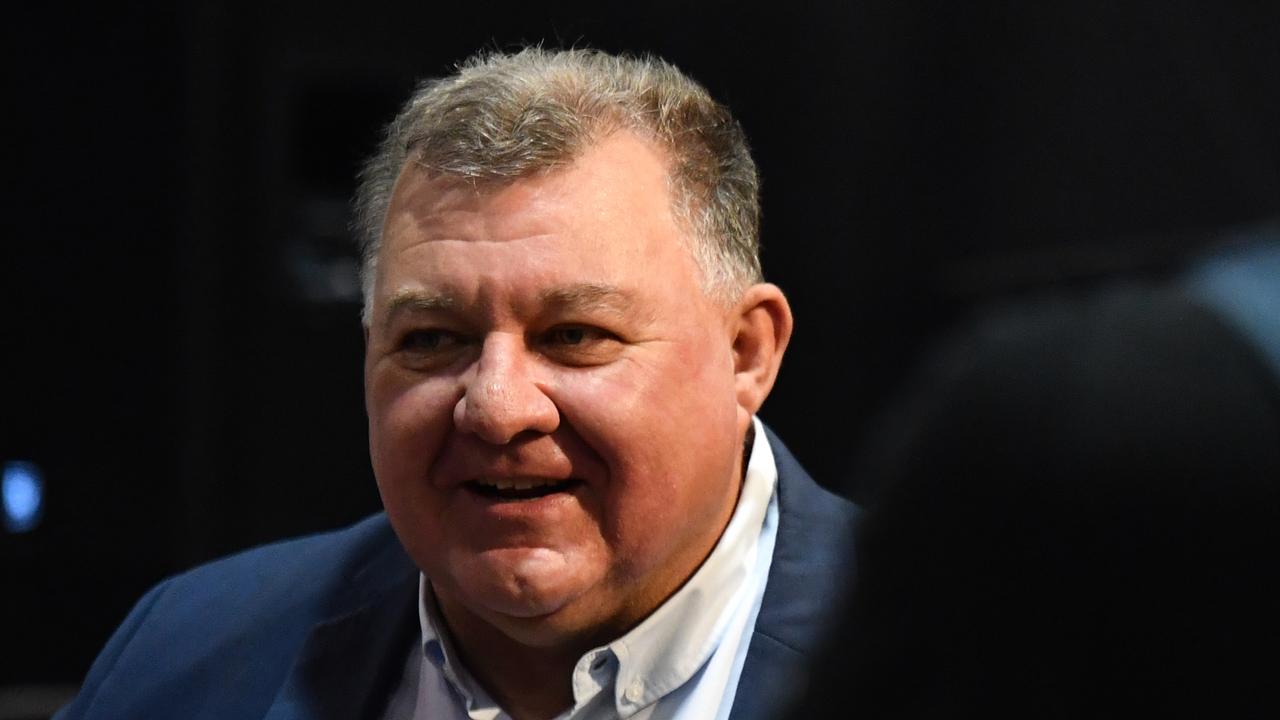
Sky News political editor David Speers said Mr Wyatt was explicitly clear in saying that’s not what he wants to achieve.
“This is either a deliberate falsehood or a naive misunderstanding of what Ken Wyatt has done,” Speers wrote in his 2600 bulletin today.
“He’s instead advocating a more limited constitutional recognition and the establishment of advisory bodies outside the Constitution. This will upset Indigenous leaders and some within Labor, but Wyatt is looking for what can succeed at a referendum. He’s being pragmatic.”
WHO’S AGAINST THIS?
There are already signs of looming division within the Coalition over the idea of a national referendum, with Liberal MP Craig Kelly indicating he would lead a “no” campaign.
The Sydney hard-right conservative told The Guardian if Mr Wyatt simply wanted “words in the Constitution that don’t really mean anything, that are symbolic, then that’s fine”.
But an Indigenous voice in parliament was unacceptable, he said, and would devise “a separate body with people voting for people based on race”.
“I think that idea is divisive,” Mr Kelly told the website.
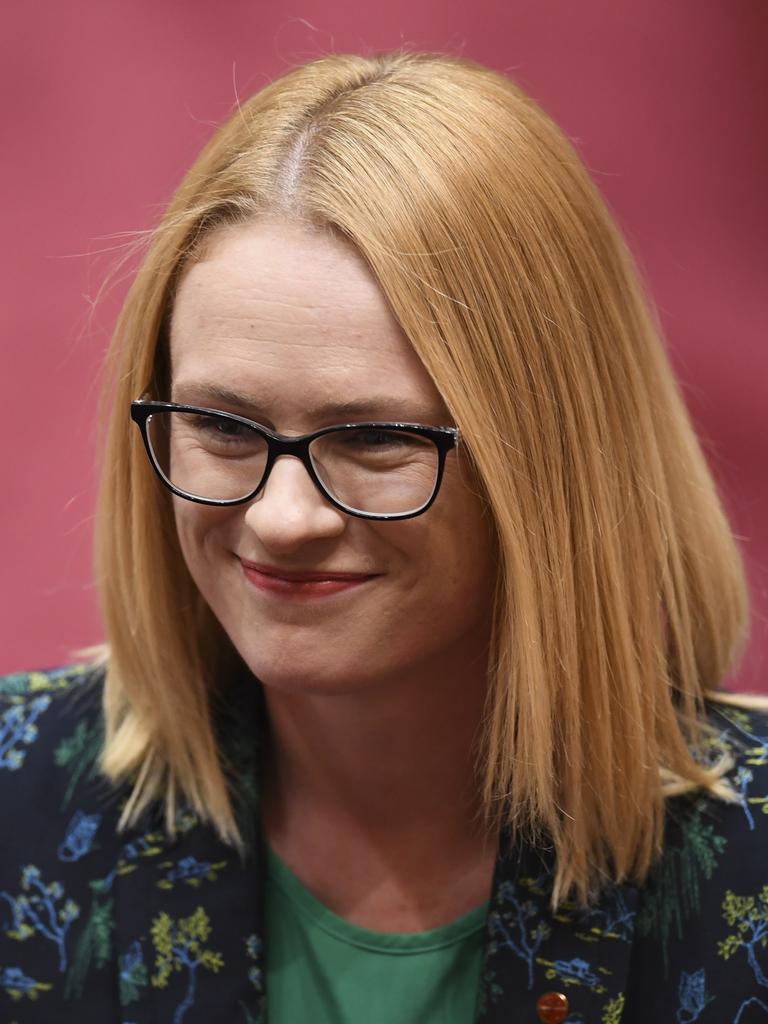
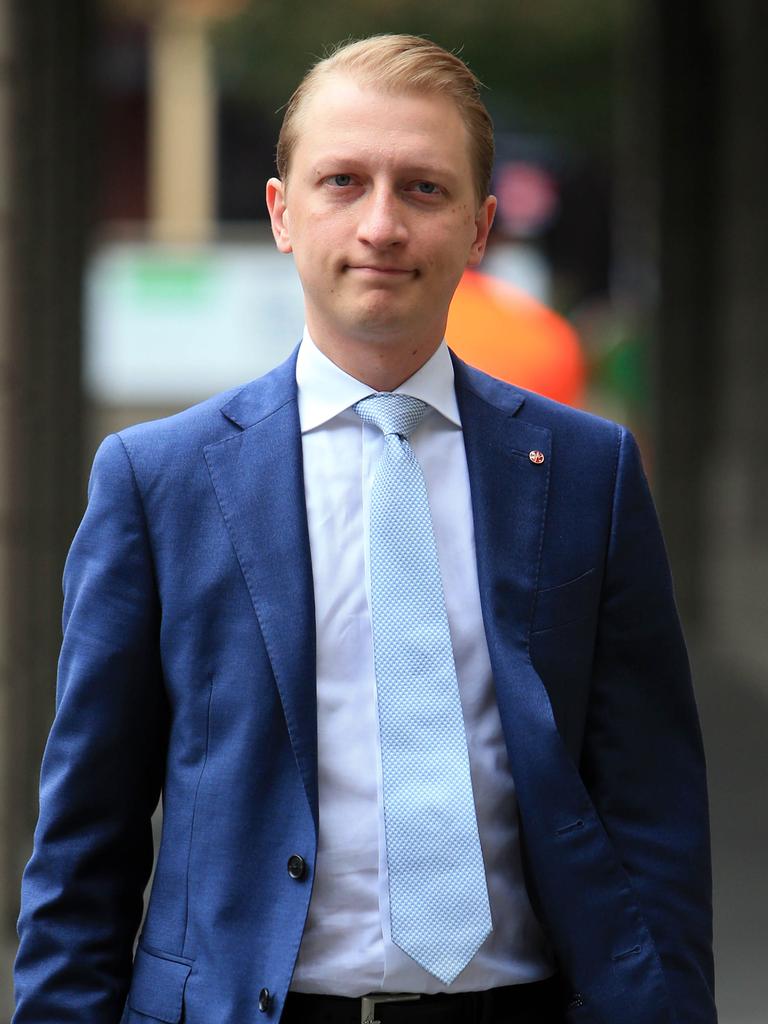
Queensland Liberal Senator Amanda Stoker also has concerns, telling a parliamentary committee last November there was even an “absence of consensus” among Indigenous Australians.
“I maintain a scepticism of some of the proposals for constitutional recognition,” she wrote.
Senator Stoker told The Sydney Morning Herald today she wanted more information before forming an opinion.
“If it is some form of grand gesture or a proposal for a third chamber, that is going to be a lot more complex,” she said.
“It really does depend wildly on what the model looks like.
“If we’re doing this to satisfy a particular part of the Australian community then let’s work out what they’ve got in mind because at the time of the committee last year they didn’t know.”
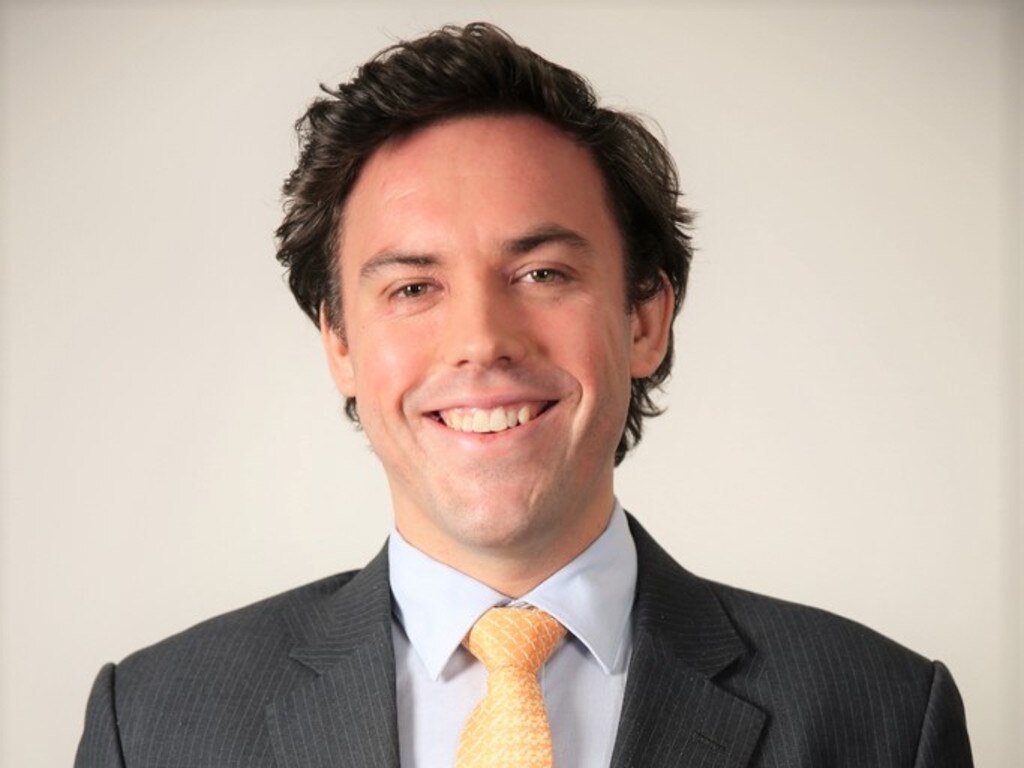
Victorian Liberal Senator James Patterson told the newspaper he echoed Senator Stoker’s concerns.
“I will carefully consider any formal proposal for constitutional recognition, but any change that threatens our successful parliamentary system or one which treats Australians differently based on their race would be a backward step,” Senator Patterson said.
Right-wing think tank the Institute for Public Affairs, which wields significant influence over the Coalition, is also not sold.
Its research director Daniel Wild told The Sydney Morning Herald “race has no place in Australia’s constitution”.
“Proposals to insert race into our nation’s founding document are radical, illiberal and a violation of all principles of racial equality,” Mr Wild said.
SO … WOULD THERE BE A THIRD CHAMBER?
No. Mr Wyatt was emphatic once again in his appearance on The Project, saying his proposal for a referendum is not about a constitutionally enshrined body.
“It’s about being heard. It was about having Aboriginal concerns and voices being raised to the upper levels of government,” he said.
There could be a legislative body, set up by the parliament, down the track that would examine and advise on Indigenous issues.
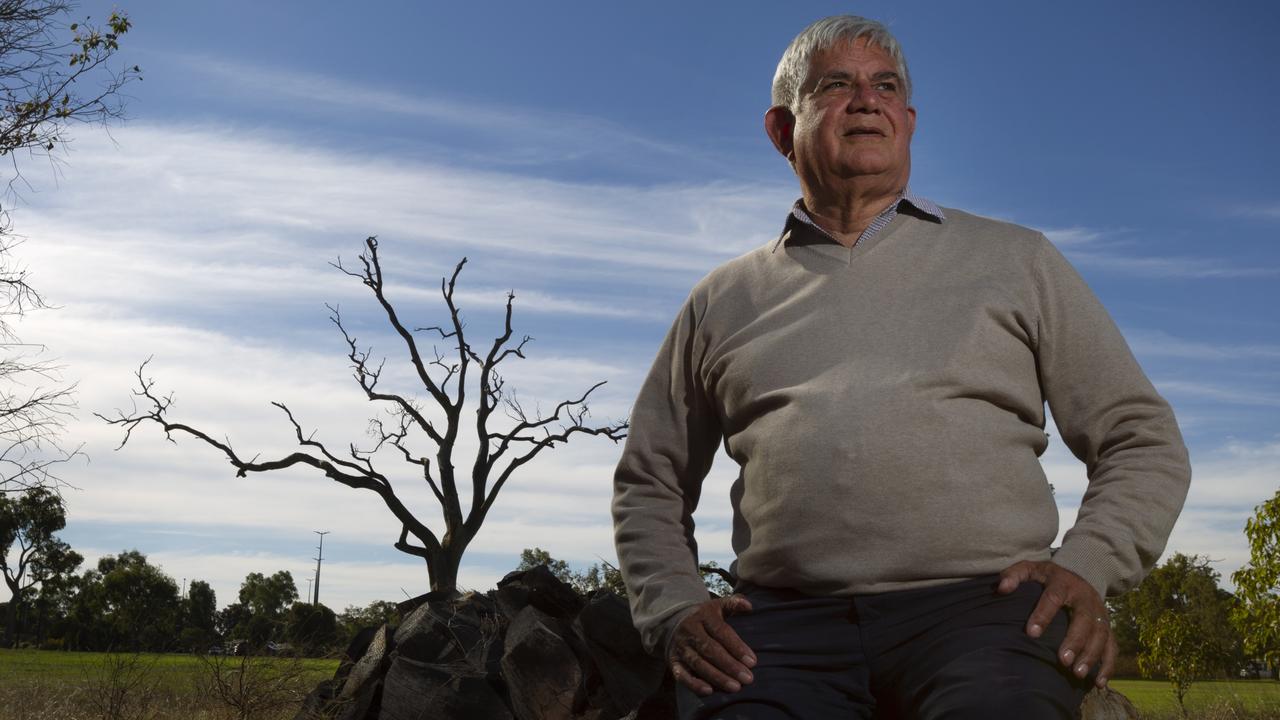
But that, for now, is another discussion to be had.
That said, Linda Burney, Labor’s spokeswoman on Indigenous affairs, said the Opposition wanted to “embrace the Uluru Statement wholly”.
“That does mean a voice to the parliament. A voice for Aboriginal and Torres Strait Islander people to the parliament,” Ms Burney told ABC Radio.
“(But) I’ve met with Ken and we’ve made a commitment between us that we’ll work together towards constitutional recognition. It’s too important an issue for the nation for a lack of bipartisanship.
“But I’ve also said two other things, and that is firstly that we’re not going to agree on everything — and that’s understood. And, of course, bipartisanship cannot be a race to the bottom, it has to be aiming for the very, very highest point.”




